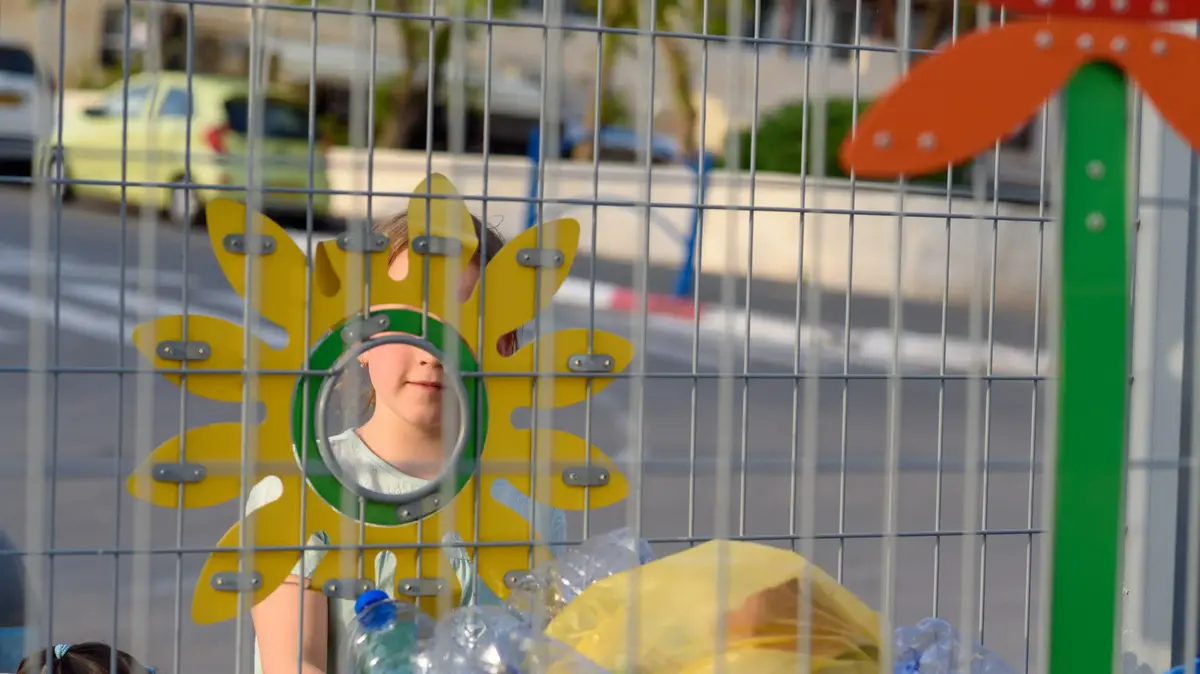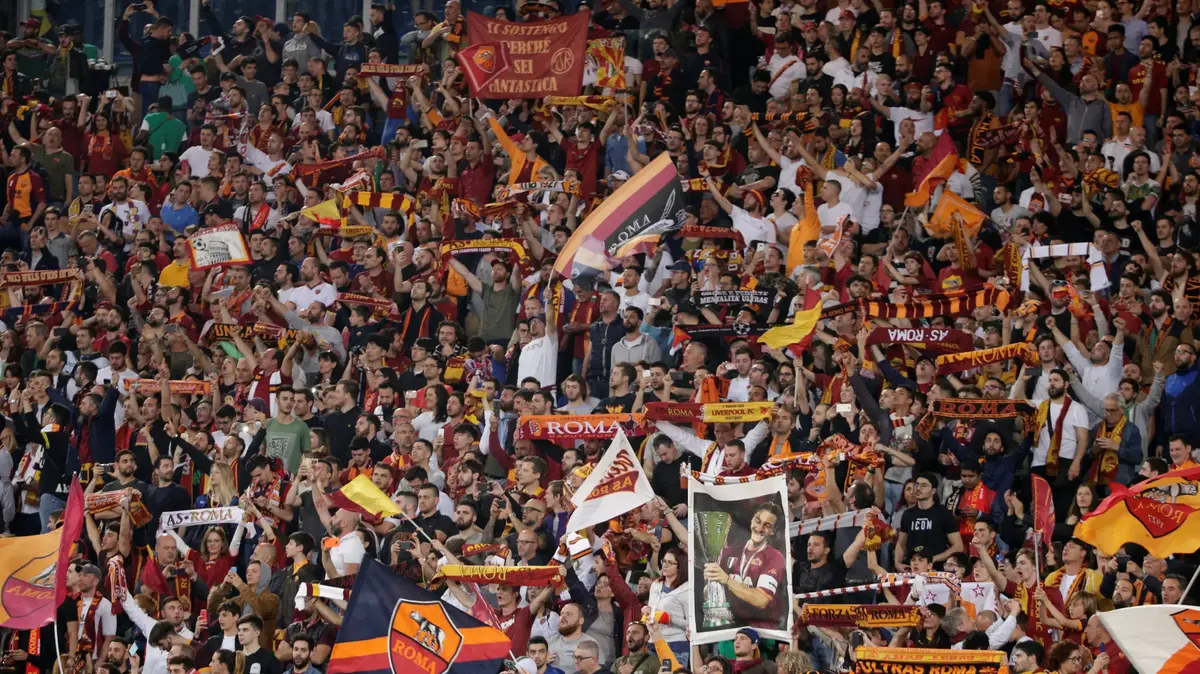consumption
Recycling has disappeared from the streets, have Israelis stopped recycling?
The change in the deposit law on beverage bottles has led to the removal of recycling from the streets, but are Israelis in a hurry to recycle in the supermarket?
Our test shows that not really.
Ministry of Environmental Protection: "Returning the beverage containers to those points of sale is the right thing in all respects: environmental, economic and social"
Between Ashkenazi
02/05/2022
Monday, 02 May 2022, 15:33 Updated: 15:48
Share on Facebook
Share on WhatsApp
Share on Twitter
Share on Email
Share on general
Comments
Comments
Some of you must have noticed that the bottle recycling facilities have disappeared from the urban landscape, the reason being the change in the deposit law on beverage bottles that went into effect last December.
According to the change in the law, from now on the return of the drinking bottles starting from a quantity of one and a half liters will be done at the points of sale in supermarkets and container stores.
Is this a welcome change?
The Ministry of Environmental Protection
believes that in response to Walla's request, they replied: "Returning the beverage containers to the points of sale is the right thing in all respects: environmentally, economically and socially. As in the whole world, Israeli citizens who care about the environment Contribute to a healthy and clean environment, help the Israeli economy and help save on raw materials. "
But not everyone is happy,
Nikolai Shkolnikov from Rehovot
Explains that the change does not work: "We have not thrown plastic bottles in a regular bin for years. After deciding to remove the recycling cages from the street, we discovered that in our local supermarket the bottle receiving facility was not working properly and that it was not really interesting to anyone in the supermarket, so we threw it back in the bin."
Also an inspection we conducted in Modiin, came across a cart full of bottles left by a customer who came as far as the writer to recycle but explained that due to the long queue he was "giving up the pleasure".
The sample tour also informed the informants that in some of the supermarkets there are machines to which the bottles can be thrown for recycling and in some there simply are not - so there is a queue, as confirmed by the city spokeswoman.
Good to know (promoted)
Do not compromise on unsatisfactory sex: this will improve performance - with an exclusive discount
Served on behalf of "Gabra"
A short-lived classic in the lives of Israelis: "Recycling" has disappeared from the streets (Photo: ShutterStock)
There is no solution for online orderers
Before the amendment came into force, anyone who wanted to recycle could do so relatively easily using the recycling bins that were sliced in accessible places on city streets.
Following the amendment to the Classification Act, these were gradually evacuated from local authority areas.
But not everyone was notified in advance,
Yonadev Tzabker from Jerusalem
is one of them: Sometimes I make deliveries, so it does not really work out for me.
It's a shame because as a kid my job at home was to throw the plastic utensils for recycling. "The house, people recycle. When it's far away, people will stop recycling."
To try and understand who thought it was time to force Israelis to do the thing they least like, stand in line - and for "little money", we turned to the initiators of the change in legislation.
The Ministry of Environmental Protection
also referred to this and told Walla: "Before the law was expanded, there were indeed many recyclables in the landscape, but the volume of collection was low: only 20% of large beverage containers were collected in them. "The rest, 45
%
- which are hundreds of millions of bottles, were rolled into open areas or landfills. This method did not work in Israel and does not work in the world either. In fact, the law was applied after manufacturers and retailers did not meet targets."
Plastic drinking bottle (illustration) Most Israelis want to recycle, but at the same time they do not have the strength to stand in line, even in the face of the meager return (Photo: ShutterStock)
"30 cents is not an incentive"
And what happens in the marketing networks?
Most did not come back to us with an answer and those who did agree, asked to comment not to be attributed.
According to the retail chains there is a significant increase in the demand from customers to come and recycle bottles due to the change in the law.
Eyal Ravid, the owner and CEO of the Victory chain
, who was the only one who agreed to address the issue, said that there is a serious increase in the number of customers coming to return
bottles
.
MTA
shares Walla's opinion that this is not an incentive: "Taking the bottles to the supermarket is unrealistic, not everyone does shopping at large supermarkets, at least some of which have a recycling machine, but need to be reached by car. People who live alone usually do smaller shopping, in places Within walking distance of the house, where you have to stand in line to return bottles.
It takes a lot of time, and how many large bottles can already be taken?
The awkwardness and time it takes and the hassle it produces for employees are disproportionate, and the few shekels you get back are symbolic. "
Elyashiv Reichenberg, a resident of Kedumim
, also
explains why this is not a logical incentive:" Right now, those who want to recycle really have no real solution.
Until today I would take the bottles to Raanana or Karnei Shomron and just throw them away for recycling, today I have to wait in line for a representative to count the bottles for me it became exhausting.
"Unfortunately, right now I just threw the bottles in the trash and stuffed my nose. I know it's not nice, but I have no patience for it, for 30 cents to stand in long minutes in line, it just does not pay off and it's a shame."
Eyal Ravid, owner and CEO of the Victory chain. The only one among the chain managers who agreed to address the issue on his behalf.
Most of the complaints are from ultra-Orthodox areas
To these things should be added that customers' bottles are not always received in the marketing chains, the Consumer Council knew to tell Walla that they received 2,308 complaints about refusals from the marketing chains to receive 28,280 bottles since December 2021. While in 2020 as a whole less than 500 complaints were filed.
The reason for the leap is the application of the law and the subsequent public awareness that the Consumer Council is the address for these complaints, as the Ministry of Environmental Protection has directed the complaints received there.
Most of the complaints that come to the council are from Jerusalem, followed by: Beit Shemesh, Kiryat Ono, Ashdod, Modi'in Illit and Petah Tikva. 24% of the complaints are about not receiving bottles on Sunday. Most of the complaints are about ultra-Orthodox chains.
The council sought to emphasize that a business's refusal to accept any beverage that is required to be received, during its hours of operation, for whatever reason, constitutes (allegedly) a violation of the law.
"Therefore, we at the council are calling on consumers to stand up for their right to receive the deposit. Just as you pay the deposit in the buying process, it is important to receive the deposit that belongs to you."
Of money
Tags
The environment
Plastic
plastic bottles
Recycling









